Israeli President Issac Herzog: We are only peace seekers
Israeli President Isaac Herzog: “We Are Only Peace Seekers” – A Call for Dialogue and Stability
In recent statements that have reverberated through international media, Israeli President Isaac Herzog has emphasized his nation’s commitment to peace and the pursuit of stability in the Middle East. His declaration, “We are only peace seekers,” comes at a time when tensions in the region remain high, and the global community looks for signs of reconciliation and dialogue amid ongoing conflicts. Herzog’s words underscore Israel’s dedication to diplomacy, security, and long-term peace in a region that has faced decades of conflict.
In this article, we will explore the context behind President Herzog’s statement, its implications for Israel’s foreign policy, and what it means for the broader geopolitical landscape in the Middle East.
President Herzog’s Statement: A Call for Peace Amid Conflict
Isaac Herzog, Israel’s 11th president, made the remarks during a recent address aimed at reiterating Israel’s stance on its relationship with neighboring Arab countries, particularly in the context of the long-standing Israeli-Palestinian conflict. Herzog’s call for peace is not a new position for Israel, but it is an important reminder that, despite the volatility and uncertainty of the region, Israel remains committed to peaceful resolutions through dialogue and negotiation.
Herzog, who has served as a key figure in Israel’s politics for many years, spoke at length about the need for understanding and cooperation in the Middle East. His comments echo the nation’s longstanding desire for security, territorial stability, and peace with its neighbors. This appeal is particularly poignant given the historical context of the Israeli-Palestinian conflict, where both sides have suffered immense losses, and the prospects for peace have often seemed out of reach.
The statement “We are only peace seekers” comes as Israel continues to face external threats from adversaries in the region, while simultaneously dealing with internal divisions and challenges related to the peace process. Herzog’s remarks were an attempt to underscore Israel’s desire to end the cycle of violence and to engage in negotiations that could lead to peaceful coexistence in the Middle East.
The Role of Israeli Leadership in Pursuing Peace
Herzog’s call for peace aligns with the broader vision shared by many Israeli leaders who have long advocated for peaceful solutions to regional conflicts. Israel has historically been involved in peace talks with several Arab nations, most notably the Oslo Accords in the 1990s and the Abraham Accords in 2020, which resulted in normalized relations between Israel and the United Arab Emirates, Bahrain, Sudan, and Morocco. These agreements were groundbreaking moments in Middle Eastern diplomacy, signaling that peace, even in a region defined by conflict, is possible.
President Herzog’s statement also reflects the efforts of Israel to maintain its relationships with both Western powers, such as the United States, and Arab states that have traditionally been hostile to its existence. His message emphasizes that Israel is not seeking to escalate tensions but rather, to focus on building a peaceful future for its citizens and the broader region.
Israel’s Desire for Security Through Peaceful Negotiations
For Israel, security is a fundamental issue. The country has faced numerous military threats since its establishment in 1948, and its security concerns are often highlighted as a central reason for its reluctance to engage in certain peace processes. Herzog’s statement, however, underscores the belief that peace is the best guarantee for the nation’s long-term security.
Peace talks, according to Herzog, are essential not just for Israel’s future but also for the stability of the entire Middle East. Israel’s role in fostering dialogue, particularly with its Arab neighbors, is pivotal in ensuring that the region does not fall into further cycles of violence. The desire to reach peace through diplomatic means, while still maintaining a strong defense posture, is a balancing act that Israel continues to navigate carefully.
1. Israel and the Palestinian Conflict
The Israeli-Palestinian conflict remains one of the most intractable and painful issues in the Middle East. Herzog’s calls for peace are especially relevant in this context, as Israel seeks to find a way to end the decades-long conflict with the Palestinians. While Herzog advocates for peaceful dialogue, the path to peace has often been marred by setbacks, including disagreements over territory, refugees, Jerusalem, and the status of the Palestinian state.
Herzog’s leadership is crucial in steering Israel toward possible negotiations, even if the obstacles remain significant. In this regard, his statement underscores Israel’s willingness to engage in talks with the Palestinian leadership, despite the challenges posed by hardline factions on both sides.
2. Israel’s Relationships with Arab Nations
Israel’s relations with its Arab neighbors have historically been contentious, but recent developments have shifted the paradigm. The signing of the Abraham Accords in 2020 marked a significant step toward normalization between Israel and several Arab countries. This agreement was a testament to the changing attitudes in the region, with countries such as the UAE and Bahrain seeing Israel as a potential partner in areas like trade, technology, and security.
President Herzog’s statement also serves to remind these countries and others that Israel’s commitment to peace extends beyond mere diplomatic gestures; it is a central tenet of its foreign policy. As more Arab nations engage with Israel, Herzog’s message reinforces the idea that peaceful coexistence is possible, and it encourages others to follow suit in strengthening diplomatic ties.
The Geopolitical Implications of Herzog’s Statement
Herzog’s emphasis on peace seeks to calm the rhetoric around Israel’s actions, particularly in relation to its military strategies and policies in the West Bank and Gaza Strip. While these issues are often the source of intense debate and criticism, Herzog’s words remind the international community that Israel, like many nations, desires a resolution that will benefit all parties involved.
The implications of Herzog’s call for peace are significant on multiple fronts:
1. Global Diplomacy
Herzog’s remarks reinforce Israel’s place within the larger international community. In a time when the Middle East is facing instability, particularly with the ongoing civil wars in Syria, the Iranian nuclear issue, and tensions involving Turkey, Israel’s role in regional stability is crucial. By highlighting the importance of peace, Herzog is signaling Israel’s commitment to working with global powers, including the U.S. and the EU, to address key issues like arms control, regional security, and humanitarian aid.
2. The Path to a Two-State Solution
Herzog’s peace rhetoric also hints at the possibility of a renewed focus on the two-state solution between Israel and Palestine, which has been stalled for years. Although Herzog does not explicitly call for this outcome, his statement suggests that Israel is not opposed to a negotiated solution, provided that it ensures Israel’s security and recognizes the rights of Palestinians. The international community will be watching closely to see if Herzog’s words will translate into concrete action toward this long-sought goal.
3. Regional Stability
In the broader Middle Eastern context, Herzog’s call for peace is a reminder that stability is not just about military power but also about fostering understanding among nations. His appeal is aimed at reducing hostilities, promoting economic collaboration, and supporting peace initiatives that could help ease tensions between Israel and its Arab neighbors. The success of this vision will depend on the willingness of other nations to embrace dialogue and cooperation.
Conclusion: A Vision of Peace in a Volatile Region
President Isaac Herzog’s statement, “We are only peace seekers,” encapsulates Israel’s ongoing commitment to finding peaceful resolutions to the conflicts that have plagued the Middle East for decades. Despite the challenges, Herzog’s words offer hope for a future where Israel and its neighbors can coexist in peace and security. By reinforcing the importance of diplomacy, dialogue, and cooperation, Herzog’s vision sends a powerful message to the world that peace remains a central goal for Israel—one that is essential for regional stability and global security.
As the Middle East continues to face various geopolitical challenges, the call for peace from Israeli leadership serves as a reminder of the potential for dialogue, understanding, and reconciliation. While the path to peace may be long and fraught with obstacles, Israel’s unwavering commitment to peace could serve as a beacon for other nations in the region to follow.
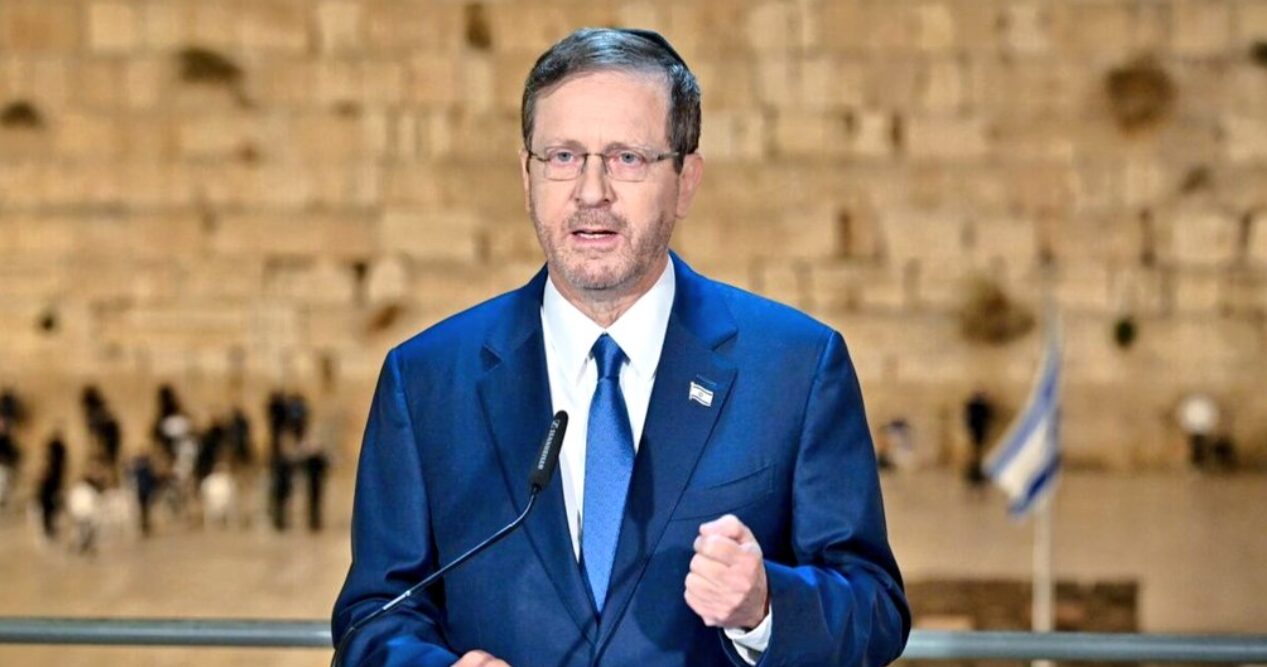
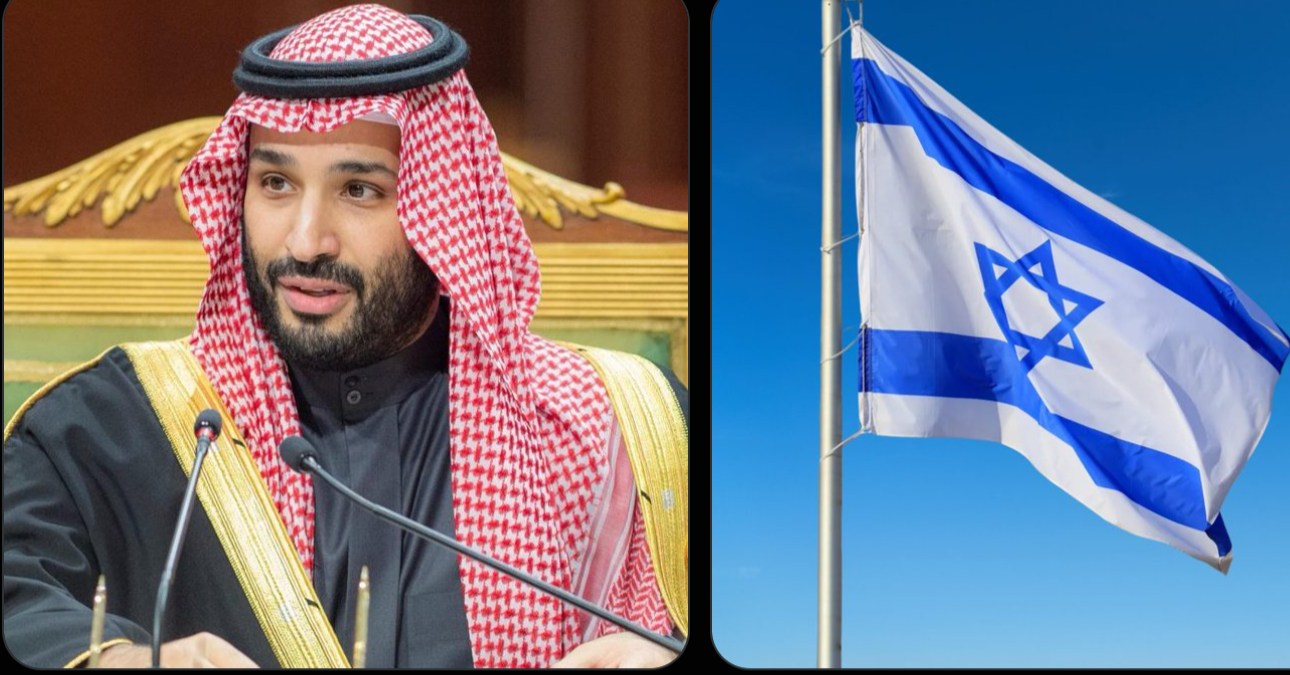
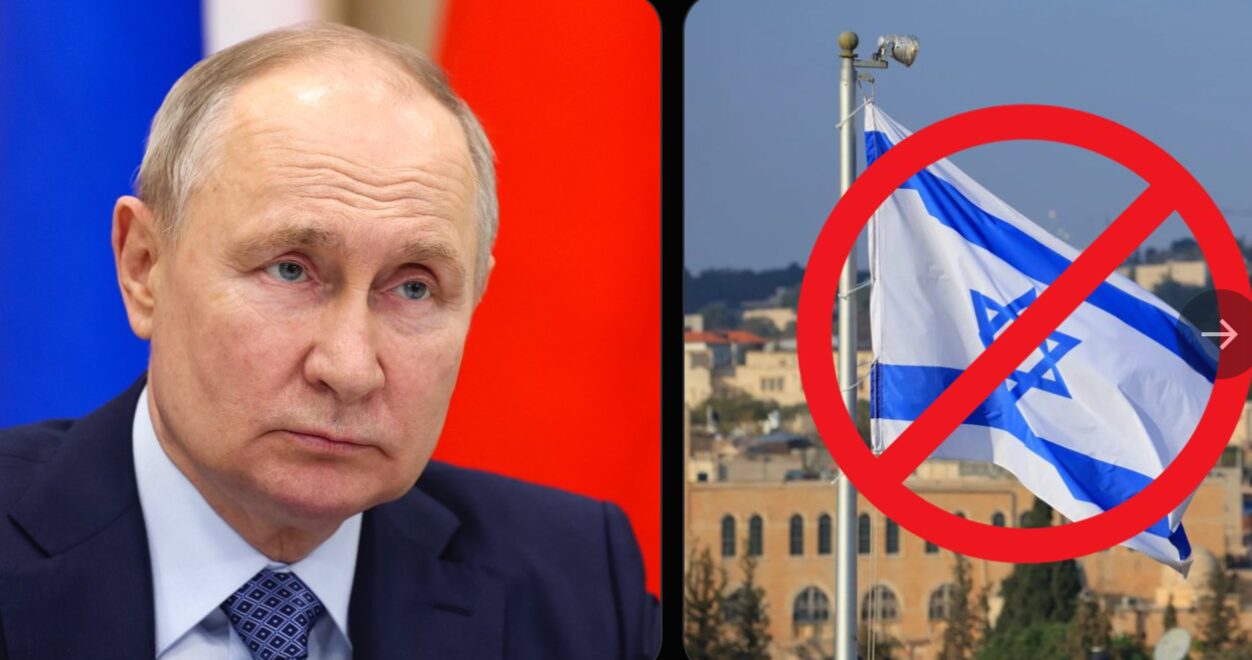
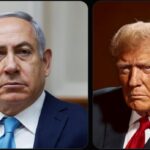


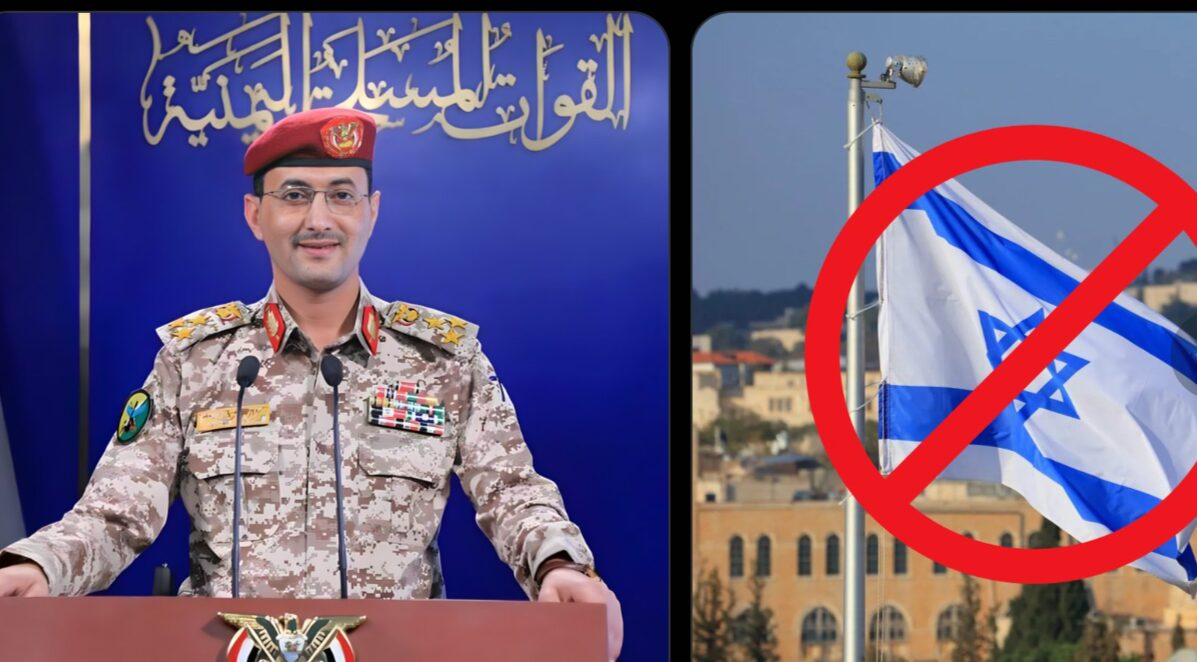
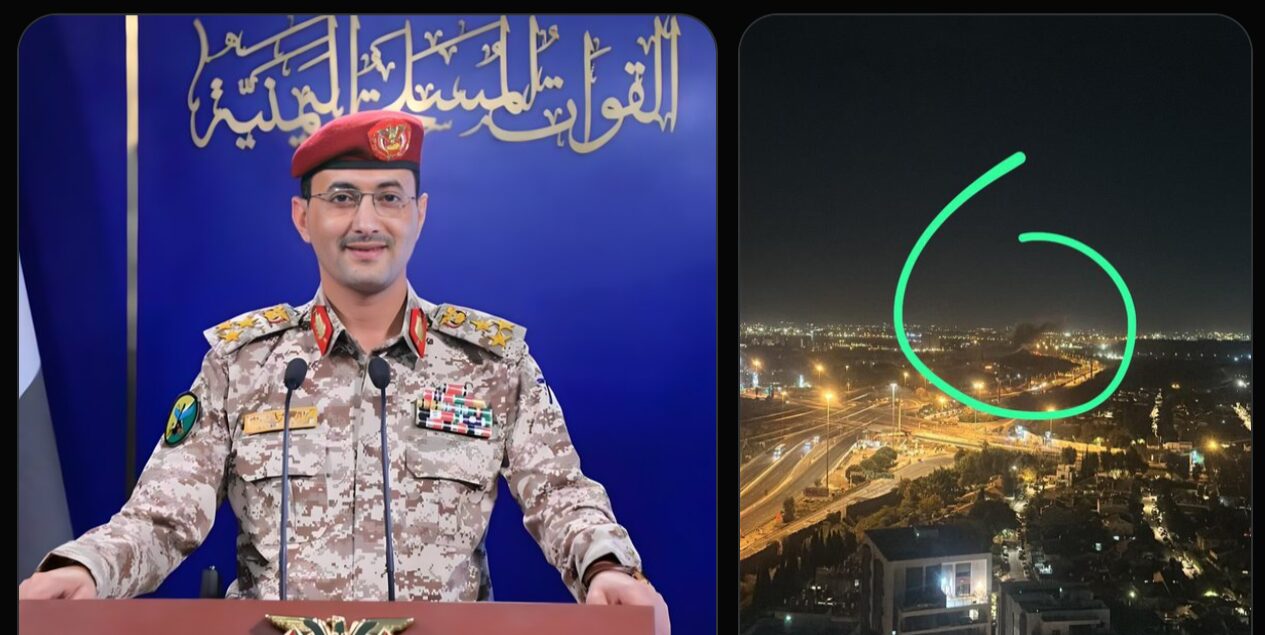









Post Comment